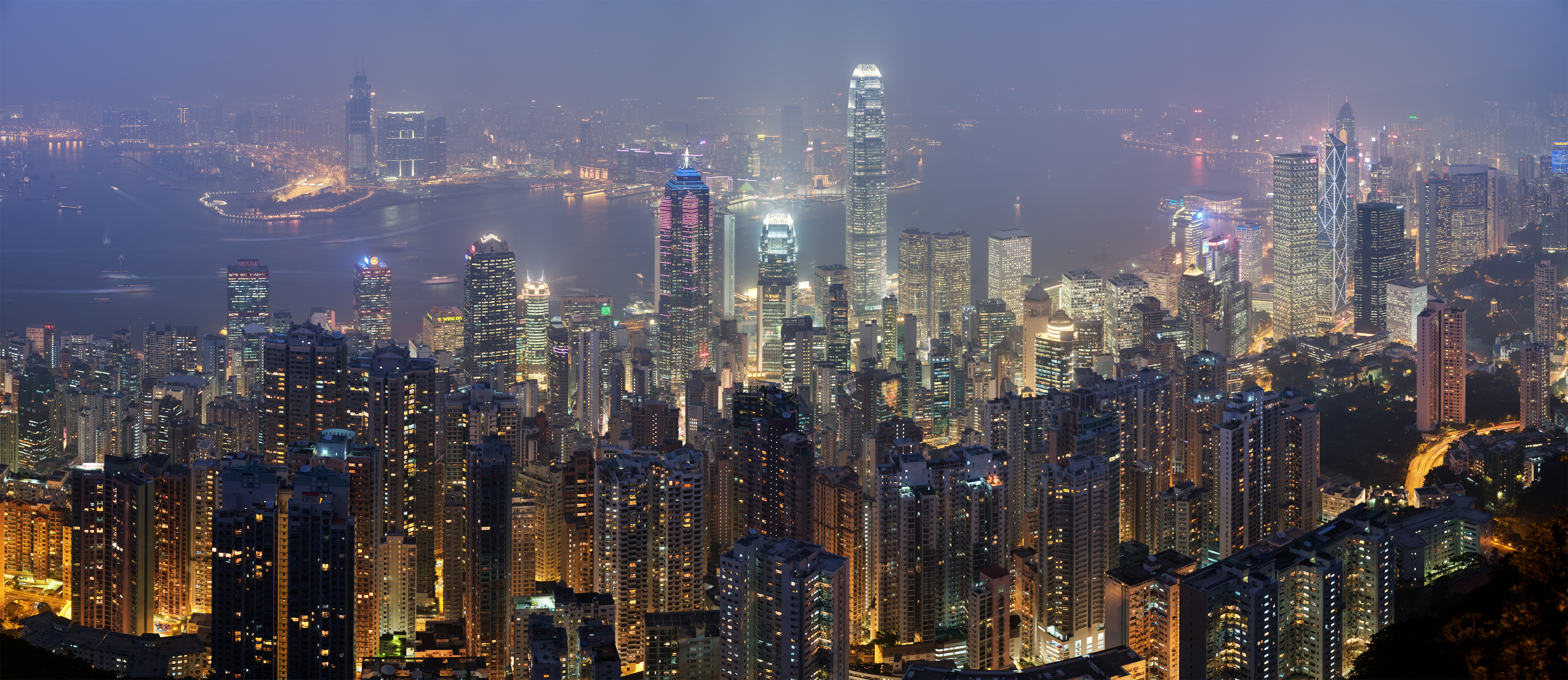Hong Kong has seen several months of pro-democracy protests but China appears to be rapidly tightening its grip on it.

For some background, Hong Kong was ruled as a colony by Britain before being returned to China in 1997. It is a Special Administrative Region and under the "one country, two systems" arrangement, it has legal system separate from mainland China, thus enjoying a certain degree of autonomy from China.
Hong Kong's protests started in June of 2019 against the plans to allow extradition to mainland China as it was feared it could undermine judicial independence and endanger dissidents. After vigorous protests by the Hong Kongers, the extradition bill was withdrawn in September. However, the demonstrations continued with the demands of full democracy and an inquiry into police actions. Clashes between police and activists became increasingly violent, with police firing live bullets and protesters attacking officers and throwing petrol bombs.
Just when the situation began to de-escalate, however, a , the National People's Congress (NPC), caused tensions to rise high in Hong Kong. The NPC authorised its standing committee to draft a national security law for Hong Kong. The decision, drafted in secret, is likely to become law by August. According to the Chinese government, this decision would ban treason, secession, sedition and subversion and is needed to combat violent protests that have grown in the territory.
This decision however, goes against Hong Kong's own mini-constitution. Article 18 of Hong Kong's - the territory's de-facto mini-constitution that came into effect after the British handover in 1997 - specifically limited Beijing from applying national laws to the territory, except in matters of defence and foreign affairs, but the NPC's decision not only authorises the standing committee to draft such a law, it allows the law to be inserted into Hong Kong's Basic Law by promulgation.
The United States, UK, and Australia have expressed their disapproval of the controversial security law, with the US Secretary of State Mike Pompeo proclaiming the plan to be a death knell for the freedom of the Hong Kongers - telling the US Congress that Hong Kong no longer merits special treatment under US law for being an autonomous region. This would mean treating Hong Kong the same as mainland China for trade and other purposes. This declaration, however, could have major implications for Hong Kong's trade hub status and is likely to anger Beijing because: It could jeopardise billions of dollars' worth of trade between Hong Kong and the US and could dissuade people from investing there in the future. It would also hurt mainland China, which uses Hong Kong as a kind of middleman for transactions with the rest of the world.
Shortly after Mr Pompeo's declaration, prominent pro-democracy activist Joshua Wong called on the global leaders to reconsider Hong Kong's special trade status if Beijing imposes the security law. "Once the law is implemented, Hong Kong will be assimilated into China's authoritarian regime, on both rule of law and human rights protections" The security law would create massive damage to expats and investors in Hong Kong, thus showing how all the more necessary the special status will become.
With violence and protests increasing exponentially in Hong Kong daily, only time can tell when the situation will improve, and Hong Kongers will finally get their ever-so-desired democracy.